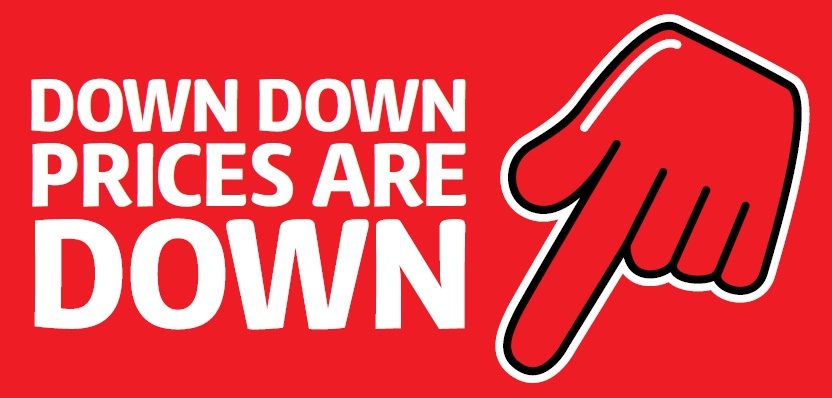This article is from the Australian Property Journal archive
SLOWING sales growth from Coles supermarkets and the failing foray of Bunnings into the UK and Ireland has slashed Wesfarmers’ interim profit by 86% to $212 million.
The results reflected a long drop from the $1.58 billion profit on the previous corresponding period. Wesfarmers recently wrote down the value of Bunnings UK and Ireland by $1.023 billion, and of its discount department chain Target by $300 million.
Excluding those items, net profit after tax was still down by 2.7% to $1.535 billion. It said it would wait until June to update the market about its ongoing BUKI review and continue the repositioning of Target’s merchandise offer, but is more confident about Coles and Kmart.
Kmart’s strong performance was partially offset by lower sales in Target, with revenue for the department stores division fell 3.2% to $4.769 billion. Earnings were up 7.2% to $415 million, the highest level of combined Kmart and Target first half earnings since the 2010 financial year.
The two stores have been considered as some of the most at-risk businesses due to the introduction of US behemoth Amazon to the Australian retail market, while a Macquarie research report suggested retail store closures would accelerate over the next 12 to 36 months, led by Target and embattled department store major Myer.
“Kmart invested significantly in the customer offer during the half, delivering greater value for customers and driving continued growth in volumes,” Scott said.
He said the pre-tax non-cash impairment of $306 million recorded in Target reflected difficult trading conditions in an increasingly competitive market and a moderated outlook for the business.
Wesfarmers achieved record operating cash flows of $2.897 billion for the half, up $249 million, which managing director Rob Scott said was supported by proactive working capital management.
Scott said the continued strong momentum in Bunnings Australia and New Zealand (BANZ), Kmart and Officeworks, in a competitive retail environment, was a highlight for the half, while strong production volumes and higher coal prices in its resources business contributed to an increase in the industrial division’s earnings.
Revenue for BANZ increased 10.2% to $6.566 billion, and EBIT was up 12.2% to $864 million. Scott said this was underpinned by continued sales growth across all of its market segments, productivity initiatives and operating leverage, while further investments were made in customer value, product ranges, the store network and digital.
BUKI reported a loss before interest and tax of £97 million ($165 million) for the half, further down from its £28 million ($48 million) loss in the pcp. Revenue fell 15.5% to £517 million (or 15.7% to $875 million).
“The loss for the half reflected continued trading and execution challenges as a result of the rapid repositioning of Homebase following the acquisition,” Scott said.
Coles’ earnings fell by 14.1% to $790 million, with revenue broadly in line with the pcp. Scott said the decline reflected the annualisation of investments made in the customer offer in the 2017 financial year, lower property earnings due to a one-off gain in the prior year, lower financial services earnings following the sale of Coles’ credit card receivables in February 2017 and lower fuel earnings.
The group’s agreement to sell the Curragh coal mine for $700 million allows it to participate in possible future coal price increases, and completion of the sale will return a post-tax profit of around $100 million.
Wesfarmers declared an interim dividend of $1.03 per share, in line with the previous corresponding period.
Australian Property Journal




